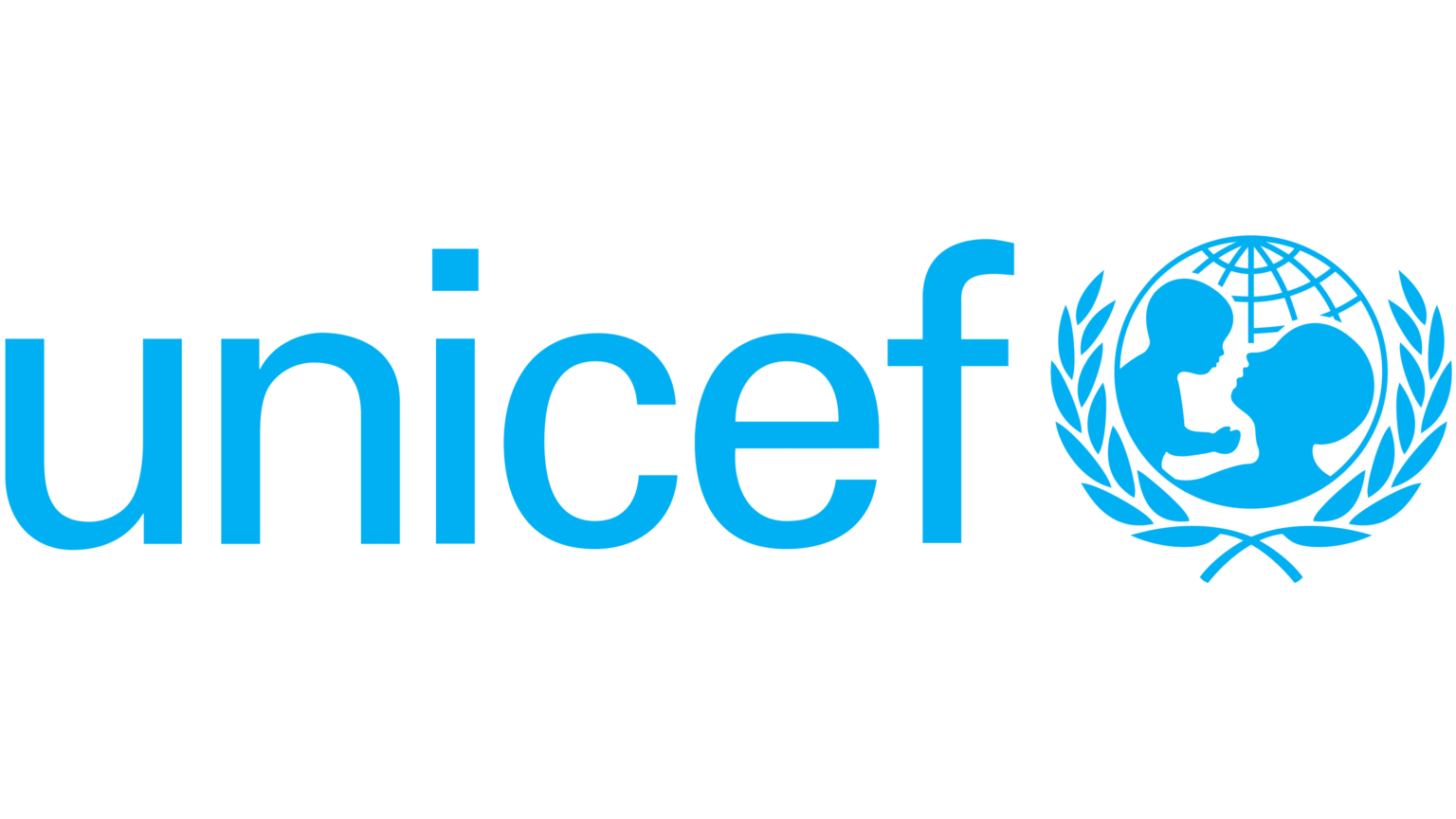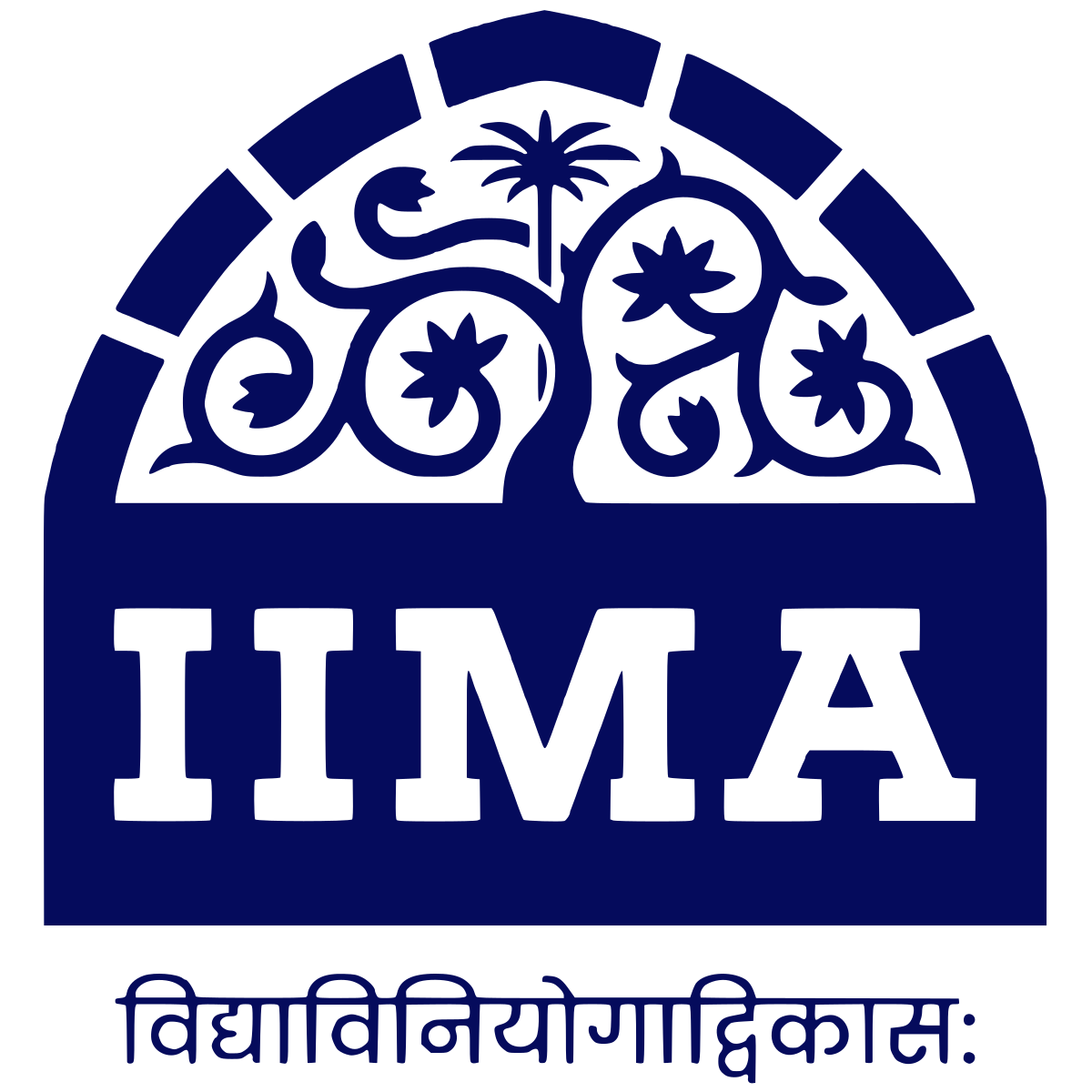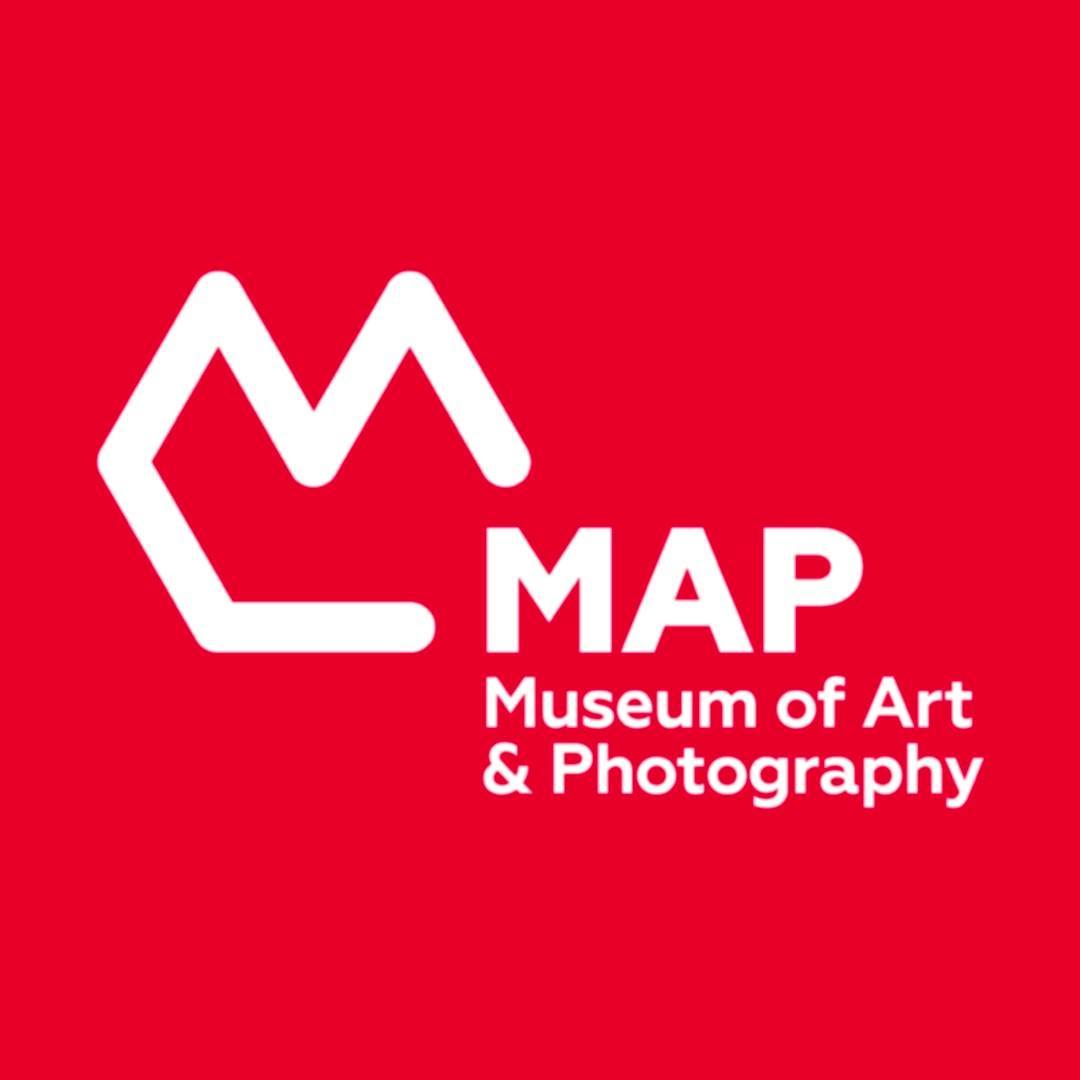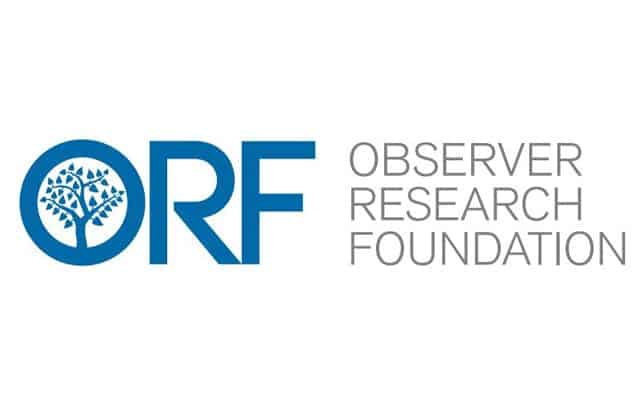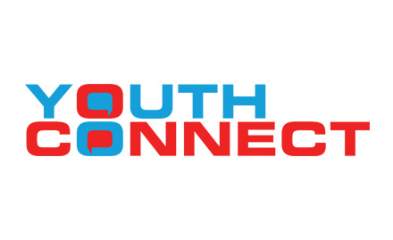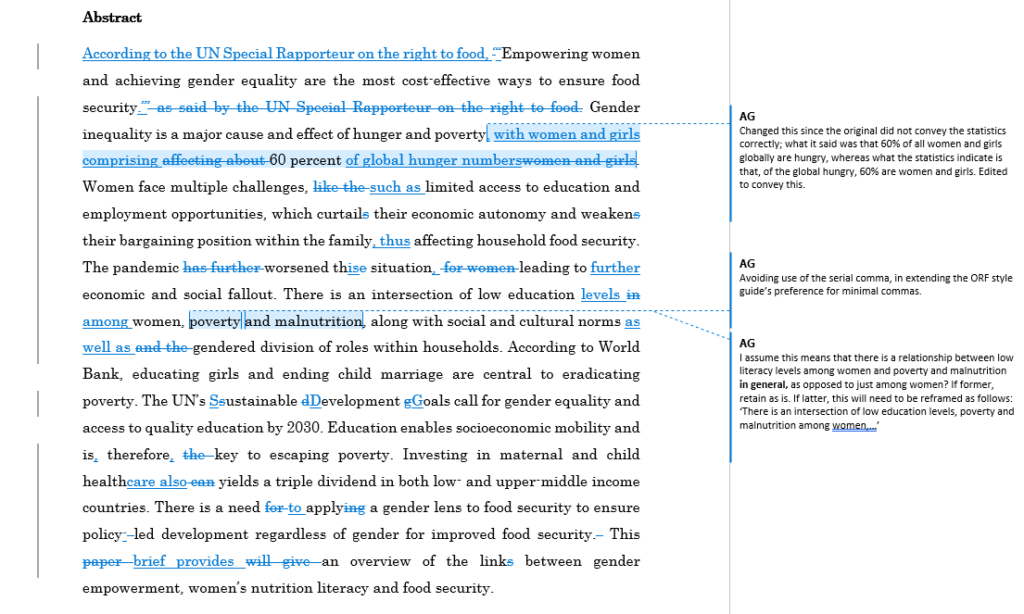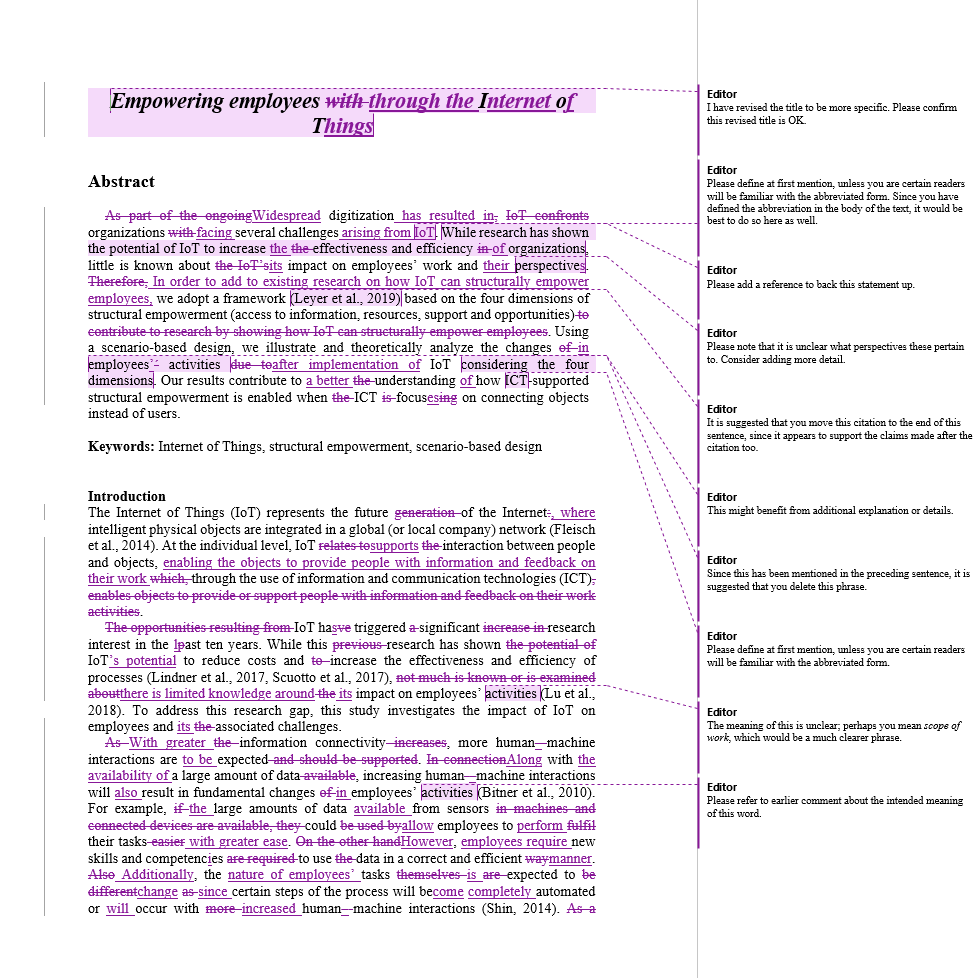Who are we?
Annote® is a boutique editorial firm that provides premium editorial services to individuals and organisations. Our editors have experience in editing and allied services spanning over 10 years and across multiple organisations.
At Annote®, we pride ourselves on our meticulous attention to detail to ensure that your writing is not only grammatically flawless but, more importantly, stylistically consistent, compelling, and coherent—the true mark of quality. Our services include substantive editing, proofreading, formatting, and manuscript evaluation.
We understand that every piece of writing is unique, and we tailor our approach to meet the specific needs of each writer. Our goal is to help you communicate your ideas effectively and with confidence.
